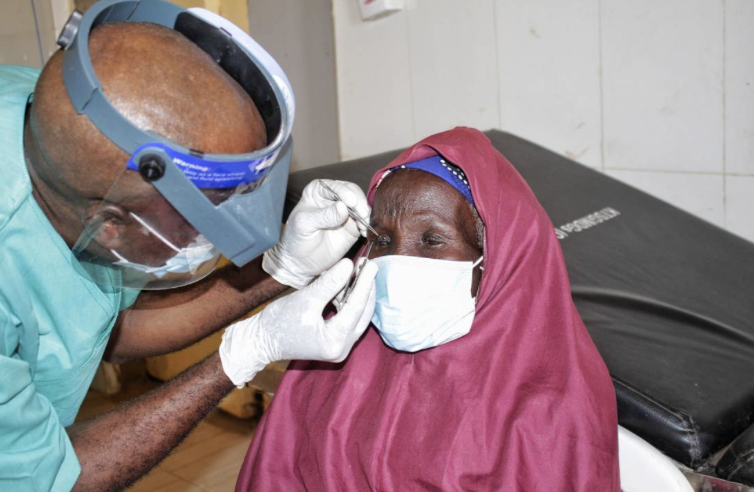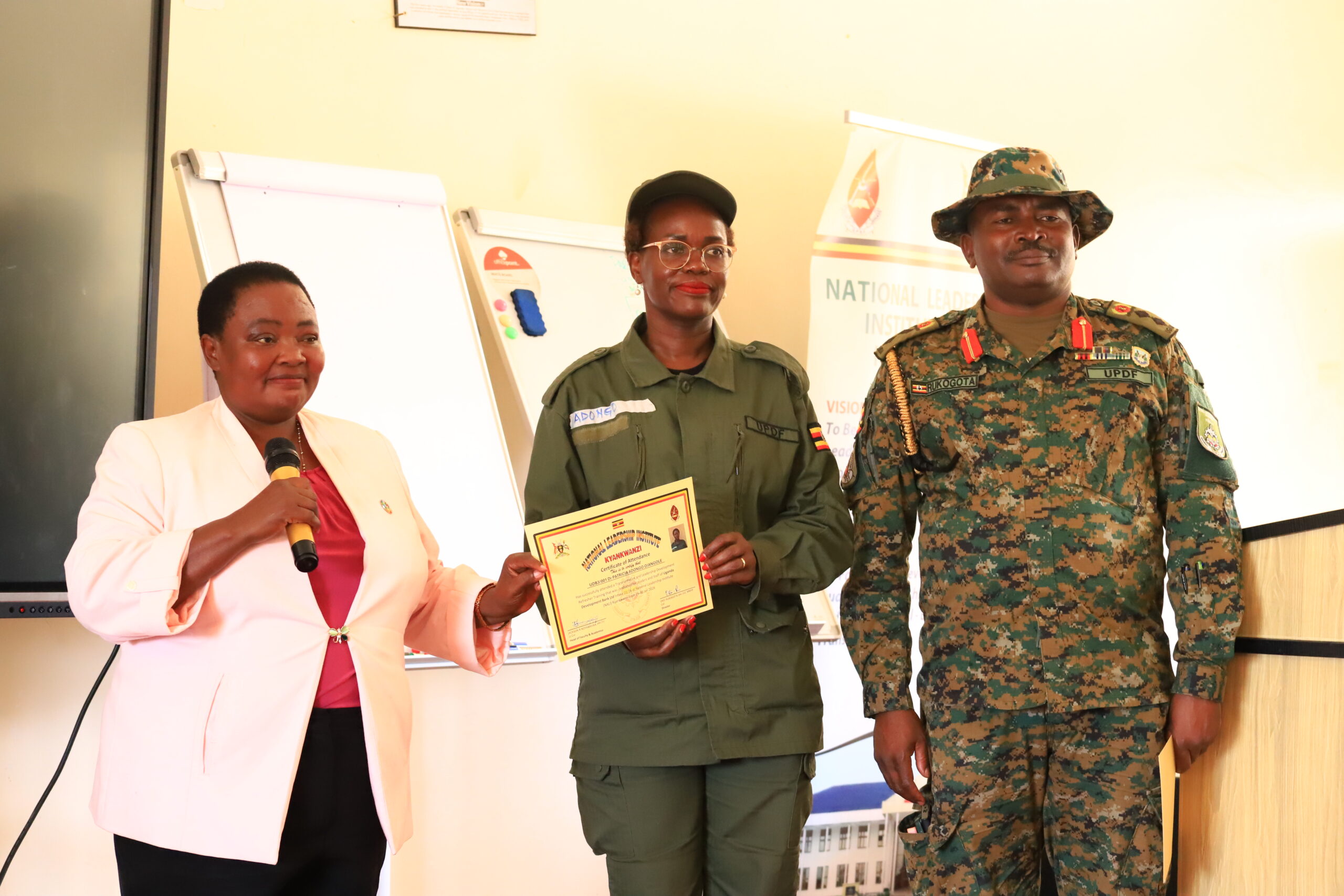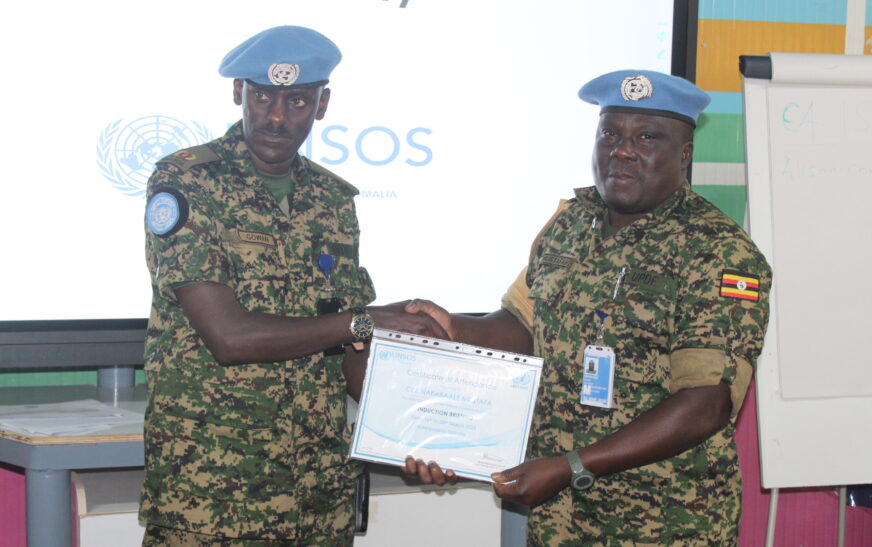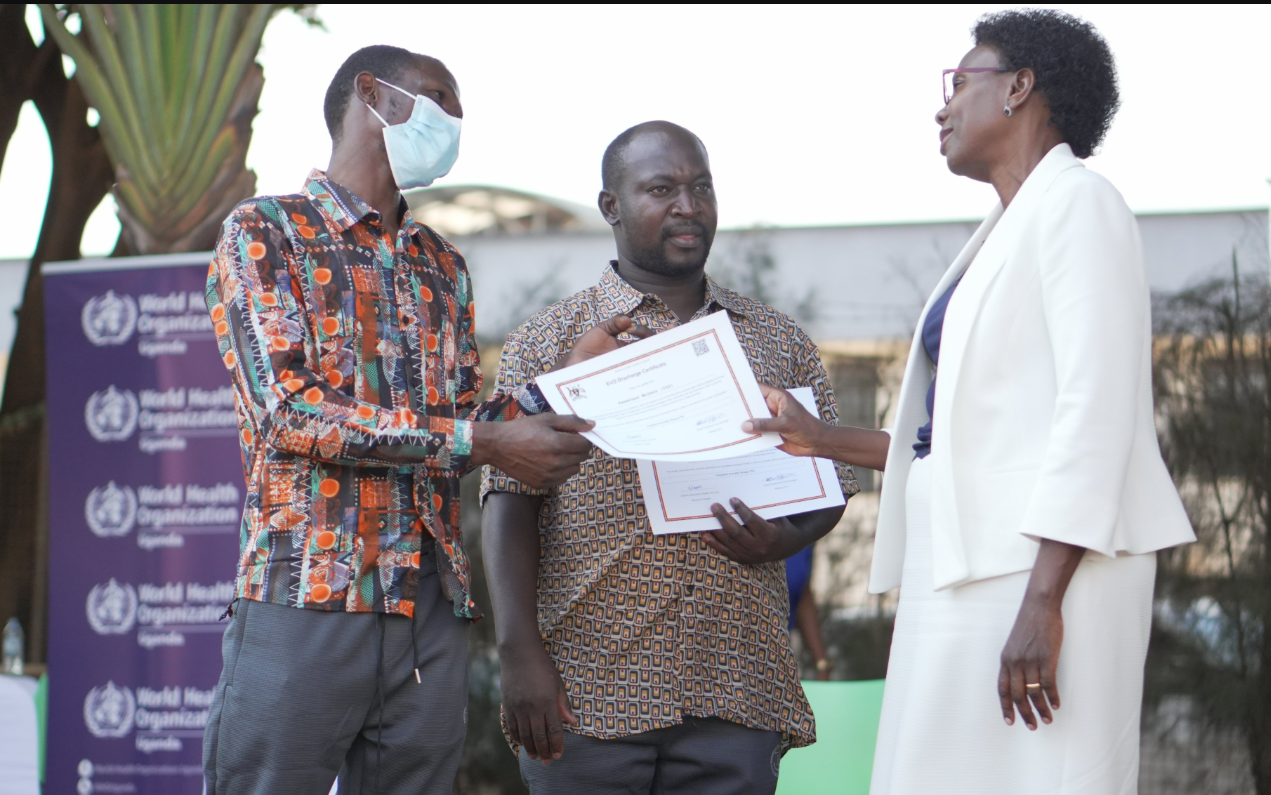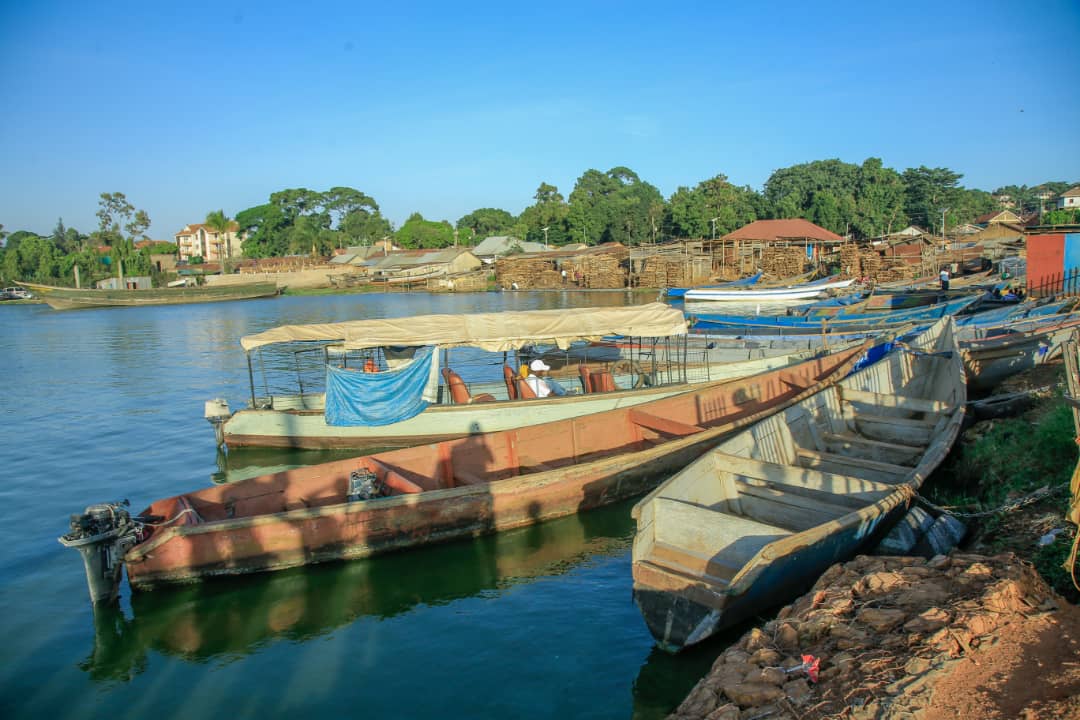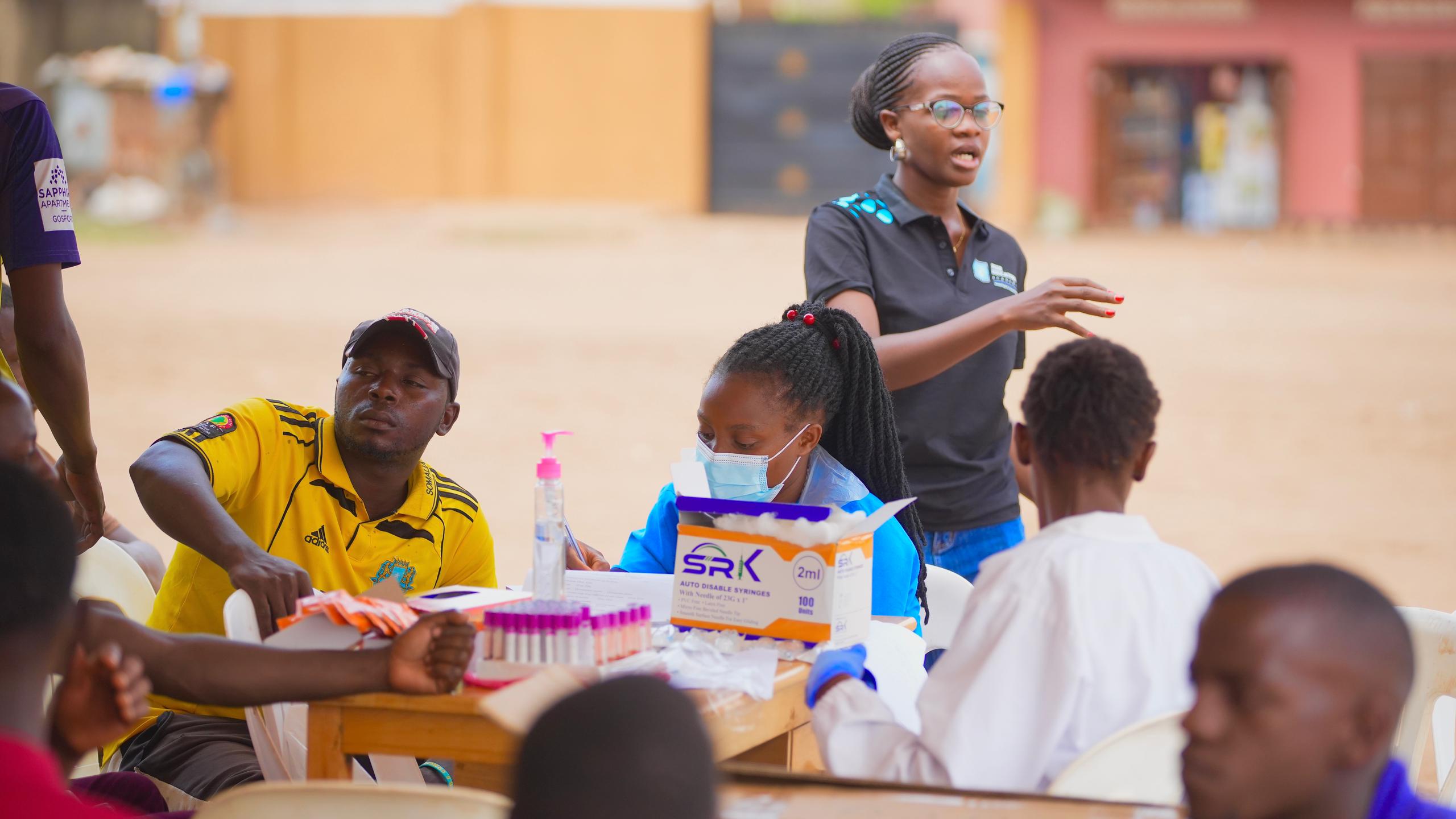A rare tropical disease that is the leading infectious cause of blindness worldwide saw significant reductions in one of the most affected communities due to foreign aid. However, following aid cuts, trachoma and another tropical eye disease, onchocerciasis (river blindness), are at risk of resurgence, according to Save the Children.
Trachoma, a bacterial infection that can lead to irreversible blindness, previously affected nearly 10% of Uganda’s Karamoja region. A Save the Children program reached approximately 58,000 people over four years, reducing the disease’s prevalence to 5%.
Susan, 29, shared her experience with Save the Children: “Our village was in a dire state dirty, with rampant trachoma and diarrhea. There were no latrines, and sanitation was terrible. Since the intervention, we now have 50 latrines, and many more households are building their own.”
Aid workers fear that losing access to hygiene education, trachoma drugs, and latrine construction support could lead to a resurgence. Trachoma spreads through flies and thrives in areas with poor hygiene. The infection scars the upper eyelid, causing the eyelashes to curve inward and rub against the cornea, leading to excruciating pain and eventual blindness.
Famari Barro, Country Director for Save the Children in Uganda, said: “Trachoma has been eliminated in many parts of the world, but in Karamoja, it was affecting nearly 10% of the population, mainly women and children. It’s a painful disease that causes lifelong suffering, yet it’s easily preventable. We were making progress, but ending this program risks reversing those gains.”
Onchocerciasis, or river blindness, is also at risk of spreading in Tanzania due to the abrupt termination of a Save the Children program targeting neglected tropical diseases. Children are particularly vulnerable. This program helped community health workers identify early symptoms of trachoma and river blindness, provide preventative information and medicines, and refer patients to health facilities in remote areas.
River blindness is caused by fly bites near fast-flowing rivers and leads to severe itching, disfiguring skin conditions, and permanent blindness. It remains endemic across Tanzania. However, successful elimination programs have led the World Health Organization (WHO) to declare five countries free of the disease.
Gabriella Waaijman, Chief Operating Officer at Save the Children, stated: “Cutting aid is not just a failure of moral leadership it’s a strategic miscalculation. Neglecting these health crises will damage children’s lives and have broader consequences. Decades of evidence prove that these programs work, not just in reports but in real, transformative changes for some of the world’s poorest communities.”

